SaaS Backup solutions are essential for safeguarding data stored in cloud-based services. They ensure data integrity, availability, and rapid recovery in case of failures, protecting businesses from data loss risks.
Data protection in cloud environments is crucial. As businesses increasingly adopt cloud services, the need for a reliable backup system becomes apparent. SaaS Backup solutions offer streamlined, automated processes for data protection, facilitating compliance with data protection regulations and enhancing operational efficiency. These backups are designed to seamlessly integrate with existing cloud applications, offering a user-friendly experience while handling data restoration in diverse scenarios.
What are the critical features?In industries such as finance and healthcare, where data sensitivity is significant, SaaS Backup solutions are implemented to comply with stringent regulations like GDPR or HIPAA. These solutions offer tailored backup capabilities to ensure data remains secure and accessible to authorized personnel only.
For organizations relying on cloud services, backing up SaaS data ensures continued access and protection against data loss. Emphasizing data quality and availability, these solutions support business stability and compliance.
| Product | Market Share (%) |
|---|---|
| Veeam Data Cloud for Microsoft 365 | 9.2% |
| Commvault Cloud | 6.1% |
| AvePoint Cloud Backup | 5.9% |
| Other | 78.8% |
















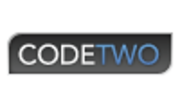

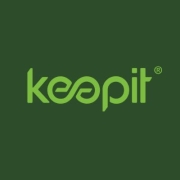
























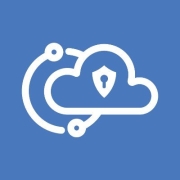


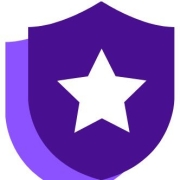




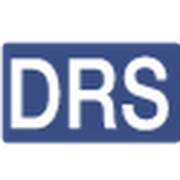

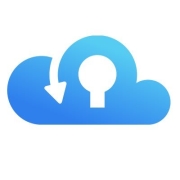

















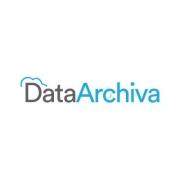











SaaS Backup is crucial because it safeguards your data against accidental deletion, cyber threats, and data corruption. As businesses increasingly rely on cloud-based services, ensuring that data can be recovered quickly not only keeps operations running smoothly but also complies with legal and regulatory requirements. By having a robust backup strategy, you minimize the risk of data loss and maintain business continuity.
How does SaaS Backup work?SaaS Backup solutions operate by automatically copying and storing your SaaS application data in secured locations. These backups can be scheduled to run at convenient times, ensuring that you always have recent copies of your data available. The backup data is encrypted during transfer and storage to protect against unauthorized access. This allows you to restore data quickly and efficiently in case of an unexpected data loss incident.
What features should I look for in a SaaS Backup solution?When selecting a SaaS Backup solution, prioritize features such as easy deployment, comprehensive data coverage, and automatic backups. Look for solutions that offer granular recovery options, scalability to evolve with your business, and user-friendly interfaces. Consider integration capabilities with existing software, data encryption standards, and customer support availability to ensure a seamless experience.
Can SaaS Backup solutions help with regulatory compliance?Yes, SaaS Backup solutions can play a critical role in helping your business meet regulatory compliance requirements. These solutions ensure that your data is protected and can be retrieved in its original format within specified timelines. Many SaaS Backup services offer audit trails, data retention policies, and compliance reporting features, making it easier for your organization to adhere to industry standards and regulations.
Is it necessary to back up data that is already in the cloud?Backing up cloud-based data is essential despite it being in the cloud because cloud providers are not liable for data loss due to user error or cyber-attacks. SaaS applications often have limited data recovery options, which may not be sufficient for your business needs. By having an independent backup, you ensure complete data coverage and accessibility, granting faster recovery times during incidents and greater peace of mind.